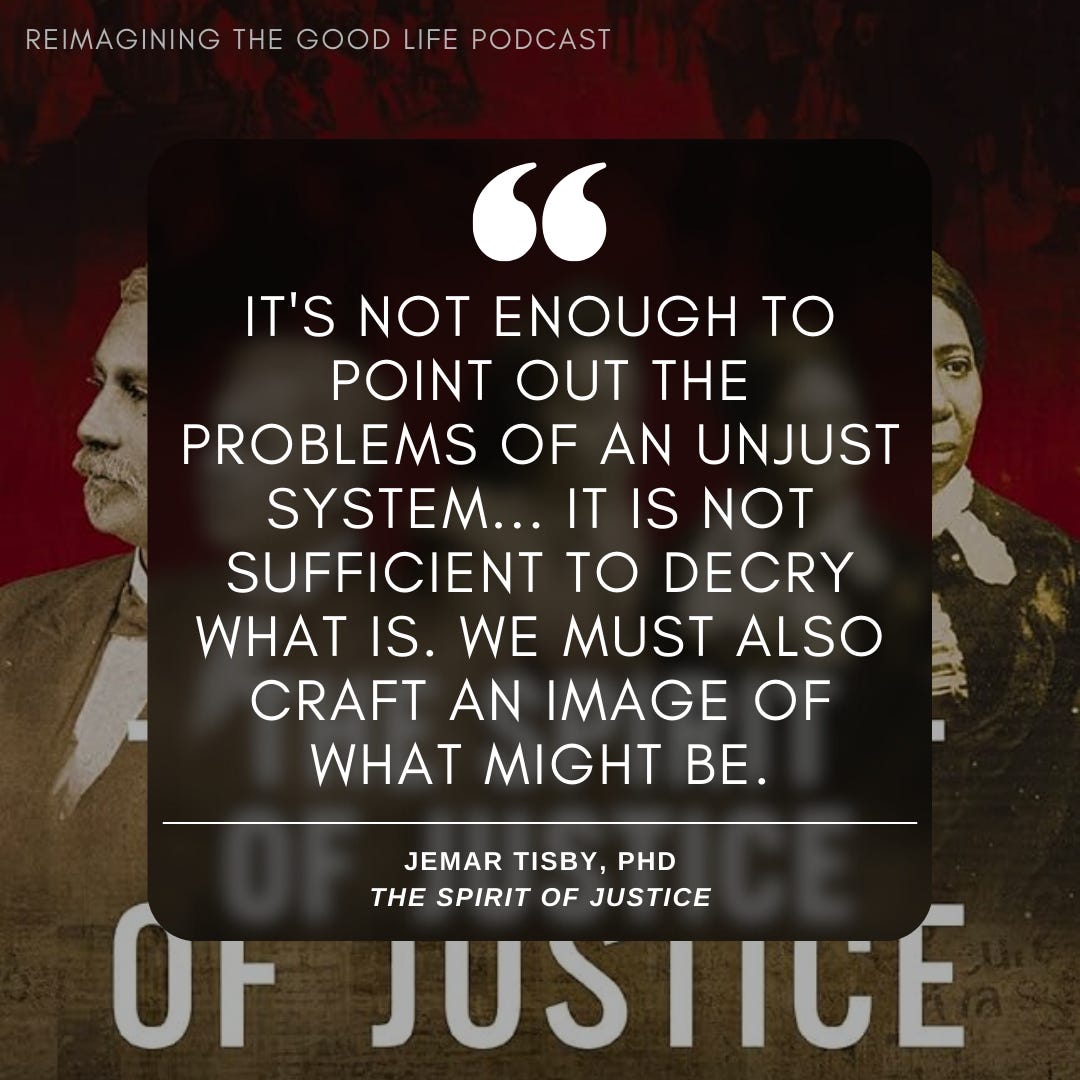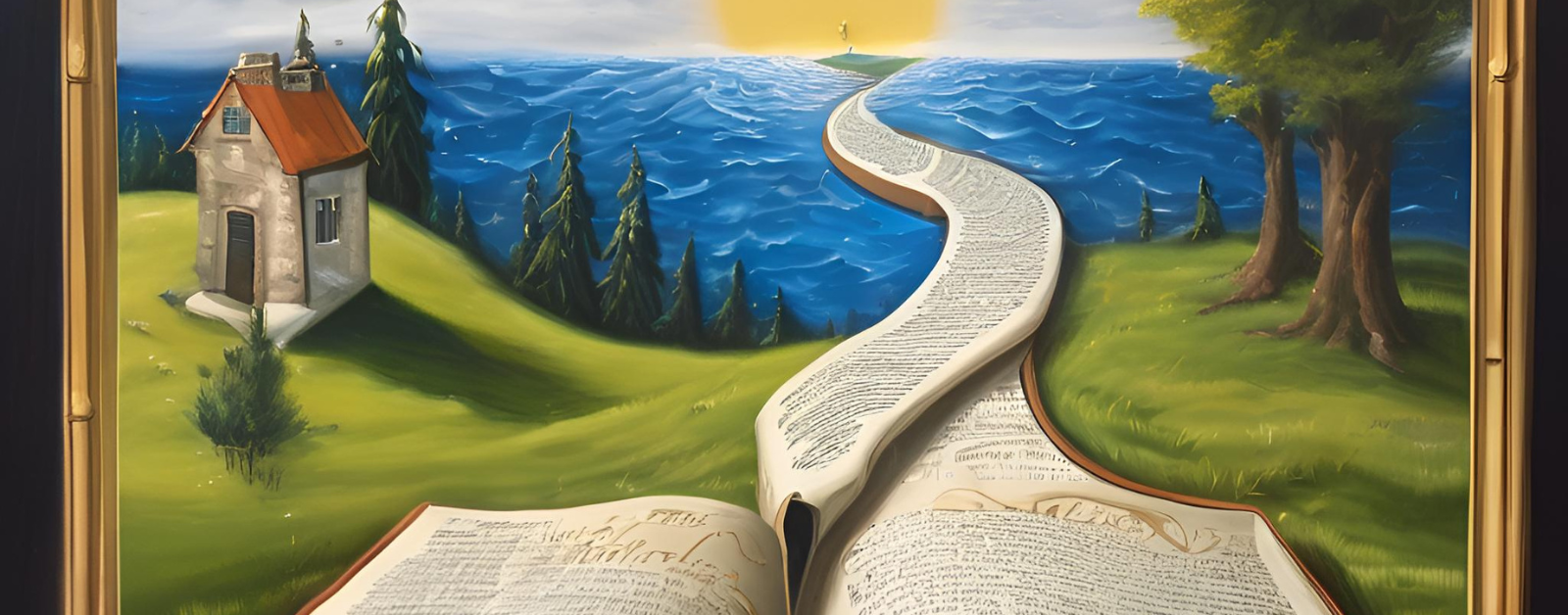These days, I think many of us feel weary. Weary in advocacy, weary of politics, weary and wondering if the change we hope for is possible. I recently wrote, in reference to Down Syndrome Awareness month, that “awareness isn’t just about information and action. It’s also about paying attention.”
I’ve been thinking a lot about the stories we pay attention to, about how our imagination for the future is shaped by the way we narrate our past. Storytelling has a profound influence on how we imagine what’s possible.
That’s why I was grateful to talk with author and historian Jemar Tisby, Ph.D., on the podcast about his latest book, The Spirit of Justice. In his work, Jemar insists that we tell a fuller story of our past, especially when it comes to the history of race and justice within the United States. He makes a powerful point:
“Evil is unsurprising. It’s always showing up. Evil in the form of racism is always showing up in different ways. What is truly remarkable, what is truly astounding, isn’t necessarily the evil, but that there’s always people willing to stand up against it.”

He also writes,
“It’s not enough to point out the problems of an unjust system. The people who become the greatest agents of change also convey a notion of a better future. It is not sufficient to decry what is. We must also craft an image of what might be.”
I love that: We must also craft an image of what might be. That’s part of the work we hope to do here at Reimagining the Good Life.

In our conversation, Dr. Tisby and I dive into the true stories of faith, race, and resistance that his book explores, and how these stories give us a blueprint for imagining a better future. We talk about:
- The persistent spirit of justice in the Black Christian experience in America
- The historical and ongoing struggles against racism
- How faith and storytelling fuel resilience and hope
Professor Tisby encourages us to see “hope not simply as a feeling but as action. And any action we take to resist injustice is an act of hope.” This conversation is an invitation to join in the creative work of renewal and justice. I hope you’ll listen in—his words remind us that while our path toward change is long and hard, it’s also filled with hope and possibility.
As it happens, this episode also releases one week after the sixth anniversary of my book White Picket Fences: Turning toward Love in a World Divided by Privilege.

That book holds my attempt to both reckon with the injustices that make up my history and move with hope towards a good future. I’m incredibly grateful for the work of people like Dr. Tisby who have helped me along this way!

Listen on Apple🎙️ | Listen on Spotify🎙️ | Watch on YouTube🎬
I hope you’ll watch or listen to our conversation. Let me know what you think! And tell me—what stories have your attention? What stories bring you hope in the midst of weariness?
MORE WITH AMY JULIA BECKER:
- Civil Rights Tour | A 3-Day Itinerary for Families
- Recommended Books, Podcasts, and Films about Race and Privilege
Let’s stay in touch. Subscribe to my newsletter to receive regular updates and reflections. Follow me on Facebook, Instagram, and YouTube and subscribe to my Reimagining the Good Life podcast.



